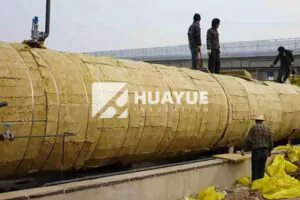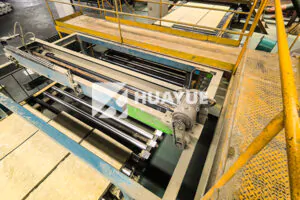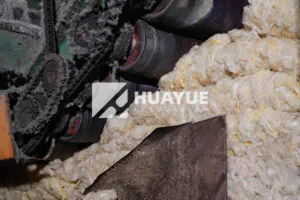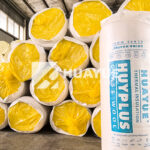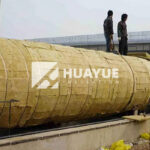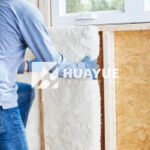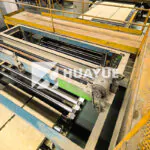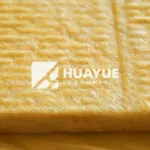Why Use Rockwool Cavity Wall Insulation and How Should You Install It?
Gaps inside walls are invisible, but leaks and comfort problems always show up fast.
Rockwool cavity wall insulation fills the space between exterior and interior walls, providing superior thermal and acoustic protection while resisting moisture and fire.
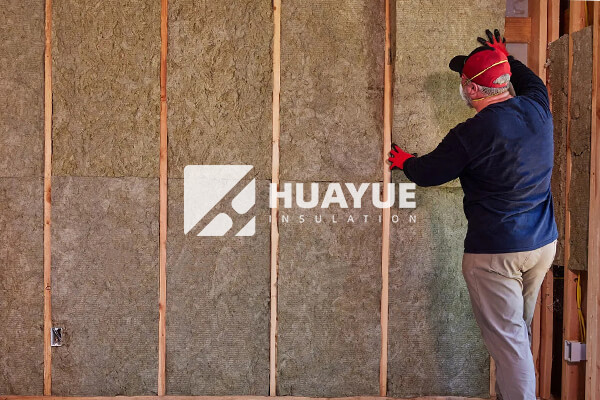
Insulating your cavity walls smartly can cut your energy bills and reduce sound pollution. I have seen the difference a well-sealed cavity can make in both homes and industrial buildings.
What Makes Rockwool Ideal for Cavity Wall Applications?
Not all insulation performs the same under pressure and damp.
Rockwool stands out because its mineral fibers don’t absorb water, resist fire, and stay rigid even when pressed inside cavities. It is a high-density insulation suitable for new or retrofit projects.
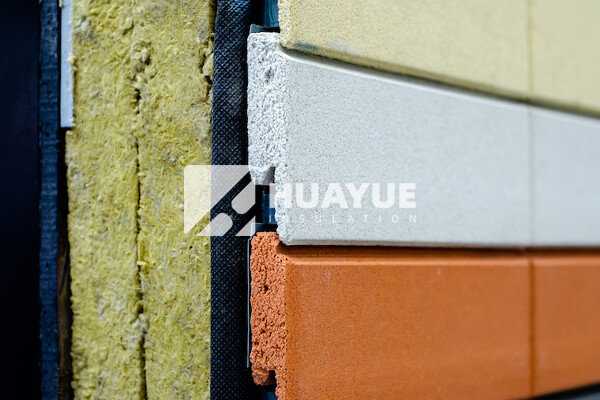
Key reasons:
- Water repellency keeps walls dry
- Will not slump or compress over time
- Resists fire up to 1000°C
- Excellent sound reduction
I once helped a team switch from fiberglass, which had absorbed water and lost performance. After converting to rockwool, they saw immediate improvements in room comfort and wall integrity.
How Is Rockwool Cavity Wall Insulation Installed?
Installing properly is as important as the material itself.
For new walls, rigid or semi-rigid batts and slabs fit snugly between the brick or block layers. For retrofits, installers use blowing machines to fill the space with loose material. Always ensure the wall is sealed against water entry before insulating.
Careful installation means no cold bridges or settled spots. Tape joints and use vapor barriers as needed for local climate.
On one retrofit job, incomplete packing of corners left cold spots in winter. We fixed the gaps and restored even temperatures.
How Does Rockwool Outperform Other Cavity Wall Insulation Materials?
Fire and moisture are the main threats inside wall cavities.
Unlike fiberglass or foam, rockwool does not burn, rot, or release smoke. Its fibers repel water, which prevents mold. It is also more sound-absorbent in dense urban environments.
| Compared rarely: | Material | Fire Safe | Will Not Rot | Good Sound Block |
|---|---|---|---|---|
| Rockwool | Yes | Yes | Excellent | |
| Fiberglass | No | Yes | Good | |
| Foam Board | No | Maybe | Moderate |
I rely on rockwool for industrial and code-driven jobs, because authorities prefer its record in tough conditions.
What Problems Can Poor Cavity Insulation Cause, and How Do You Avoid Them?
Shortcuts hurt long-term performance.
Gaps, bridging, or poorly sealed walls lead to drafts, moisture damage, or lost energy savings. Top up at edges, check for blocked air bricks, and verify the cavity is dry before filling.
For one client, skipping the vapor barrier led to condensation damage. Fixing with the proper installation kept the wall—and their investment—sound.
Conclusion
Rockwool cavity wall insulation gives lasting protection, better comfort, and peace of mind compared to common alternatives.
You may also be interested in:
Ready to Get Started?
Get in touch with our experts for personalized solutions tailored to your needs.
Get Free QuoteLatest Articles
Let's Work Together
Ready to take your business to the next level? Get in touch with our team of experts and let's discuss how we can help you achieve your goals.
Get Free Solutions
